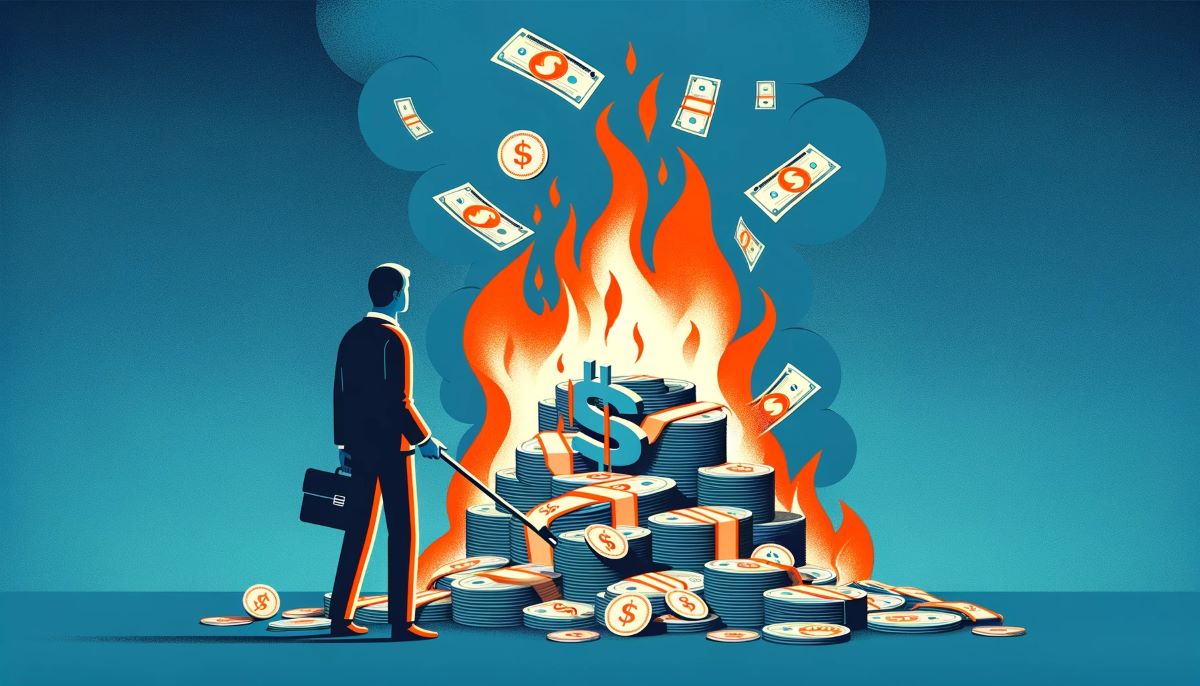Major crowdfunding platforms continue to show concerning issues.
Of all the asset types, real estate arguably has the biggest presence in crowdfunding. There are platforms that offer opportunities to invest in properties, mortgages, loans, and more.
It’s unsurprising that real estate is also the place where the crowdfunding model will be tested first.
PeerStreet was a well-funded, fast-growing investment platform that connected investors with real estate loans. Here’s a bit of how they market themselves:
PeerStreet introduced the first and largest two-sided marketplace to invest money in real estate debt.
For anyone that isn’t aware, PeerStreet is currently undergoing bankruptcy proceedings. It’s been a few months since they filed in late June and the case is serving as a messy test of crowdfunding. There is a lot going on with the case and we’re not lawyers, but here’s a rundown of some key issues:
Ownership
PeerStreet provided investment opportunities in “secured real estate loans.” However, the actual structure of the investments is more complicated.
While PeerStreet may actually have a loan with first-lien position, that is not the product sold to investors. Instead, investors own an unsecured financial note tied to the loan, but without the same backing.
PeerStreet’s lawyers have argued that means the company has full control over the underlying loans and should be able to sell them off to pay back their debts. Investors obviously objected. The resolution remains to be seen.
A further disappointment for investors is that all of this is happening in spite of PeerStreet’s promises to keep the assets in “bankruptcy-remote” entities and to continue payments to investors if the company ever went out of business.
Not Even Cash Is Completely Safe
You might think that investor’s cash on the platform would be an extremely straightforward matter. And it may actually be within the context of such a complex legal case. However, that still means it took 3 months for investors to get 95% of the cash they had on the platform.
PeerStreet also had an investment product called Pockets. Pockets promised to provide short-term investments with high yields. Despite the Pocket holdings reportedly being almost entirely cash at the time of the bankruptcy, investors have not seen any of it returned – and may not.
Is This Just A PeerStreet Problem?
In short – no. The model used by PeerStreet has been adopted elsewhere as well. For example, Groundfloor’s offering circular states:
In the event of a bankruptcy or similar proceeding of the Company, the relative rights of the holder of the LROs as compared to the holders of unsecured indebtedness of the Company are uncertain. If we were to become subject to a bankruptcy or similar proceeding, the holder of the LROs will have an unsecured claim against us that may or may not be limited in recovery to the corresponding Loan.
Offering Circular
Another Issue In A Bad Year
Unfortunately, the PeerStreet bankruptcy is just yet another bad development for the year.
Another large, two-side marketplace for accredited investors, CrowdStreet hosted two fraudulent offerings losing investors $63M.
Yieldstreet also just reached a $1.9M settlement with the SEC for failing to disclose important information to investors in an ill-fated $14.5M offering.
Read More
Business Insider has a good piece on the PeerStreet bankruptcy. It’s worth a read to learn more and get more context as well.
This story originally went out to newsletter subscribers on October 16th.

